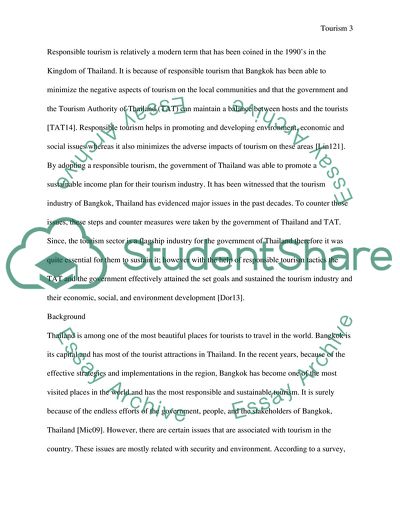Cite this document
(Issues and Stakeholders in Tourism: Bangkok Case Study, n.d.)
Issues and Stakeholders in Tourism: Bangkok Case Study. https://studentshare.org/tourism/1826857-responsible-tourism-bangkok-thailand
Issues and Stakeholders in Tourism: Bangkok Case Study. https://studentshare.org/tourism/1826857-responsible-tourism-bangkok-thailand
(Issues and Stakeholders in Tourism: Bangkok Case Study)
Issues and Stakeholders in Tourism: Bangkok Case Study. https://studentshare.org/tourism/1826857-responsible-tourism-bangkok-thailand.
Issues and Stakeholders in Tourism: Bangkok Case Study. https://studentshare.org/tourism/1826857-responsible-tourism-bangkok-thailand.
“Issues and Stakeholders in Tourism: Bangkok Case Study”. https://studentshare.org/tourism/1826857-responsible-tourism-bangkok-thailand.


